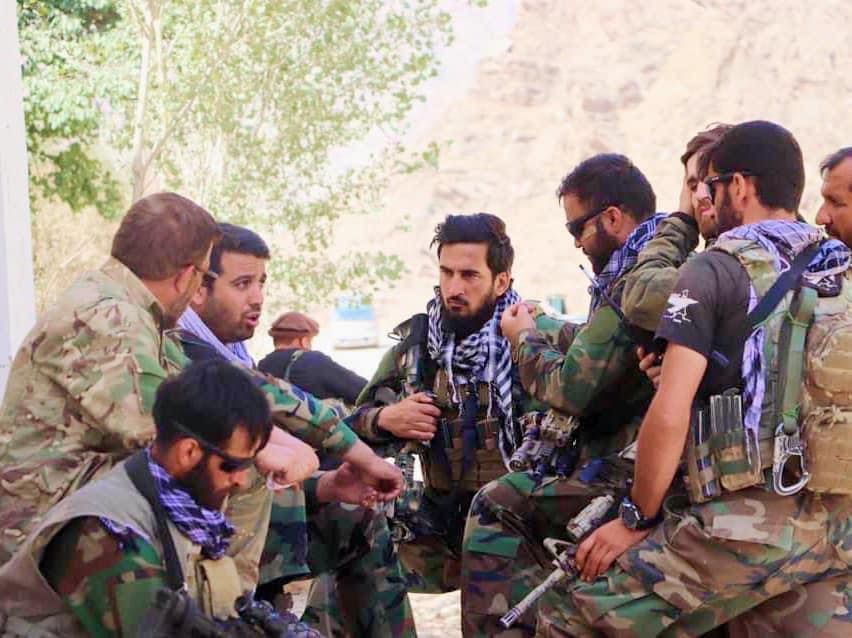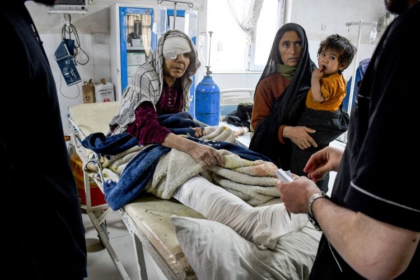RASC News Agency: Hamed Saifi, a senior commander of the National Resistance Front (NRF), has voiced grave concerns about the conditions in Bagram prison, accusing the Taliban of subjecting NRF detainees to severe physical and psychological torture. He called on the United Nations to intervene by dispatching a delegation to investigate the matter and halt what he described as the Taliban’s systemic “oppression.” Saifi, a former high-ranking officer in the Afghanistan National Army, joined the NRF following the collapse of the previous government and the Taliban’s resurgence. In a statement shared on X, he described the dire situation in Bagram, writing: “Resistance prisoners are deprived of essential supplies, including medicine, amidst the harsh winter. The conditions are inhumane and unacceptable.”
Once a notorious detention center under both U.S. and Afghanistan administrations, Bagram prison was shut down after the Taliban seized power. Previously, the facility had incarcerated hundreds of inmates, including Taliban fighters, ISIS militants, and drug traffickers. However, recent reports indicate that the Taliban have reactivated the prison, using it to detain dozens of individuals accused of collaborating with resistance forces. Many of these detainees have been transferred from Pul-e-Charkhi prison and various northern provinces to Bagram, located north of Kabul. Saifi accused the Taliban of deliberately violating ethical norms by confining NRF prisoners alongside ISIS detainees in shared cells. He alleged that this tactic is an intentional effort to expose NRF detainees to ISIS propaganda, creating conditions for potential recruitment and ideological manipulation. These arrangements have reportedly sparked violent confrontations between NRF and ISIS prisoners within the facility.
The NRF commander emphasized that he holds no hope for the Taliban to improve the treatment of detainees. Instead, he appealed to the United Nations to send an independent fact-finding mission to Bagram prison to address the worsening human rights violations. Despite the severity of the allegations, the Taliban have not issued any official statements regarding the reopening of Bagram prison or the reported mistreatment of NRF members. The international community’s silence on such atrocities raises serious concerns, as evidence of human rights abuses under Taliban rule continues to grow. Saifi’s urgent plea underscores the critical need for global action to safeguard the fundamental rights of detainees and hold the Taliban accountable for their actions.






